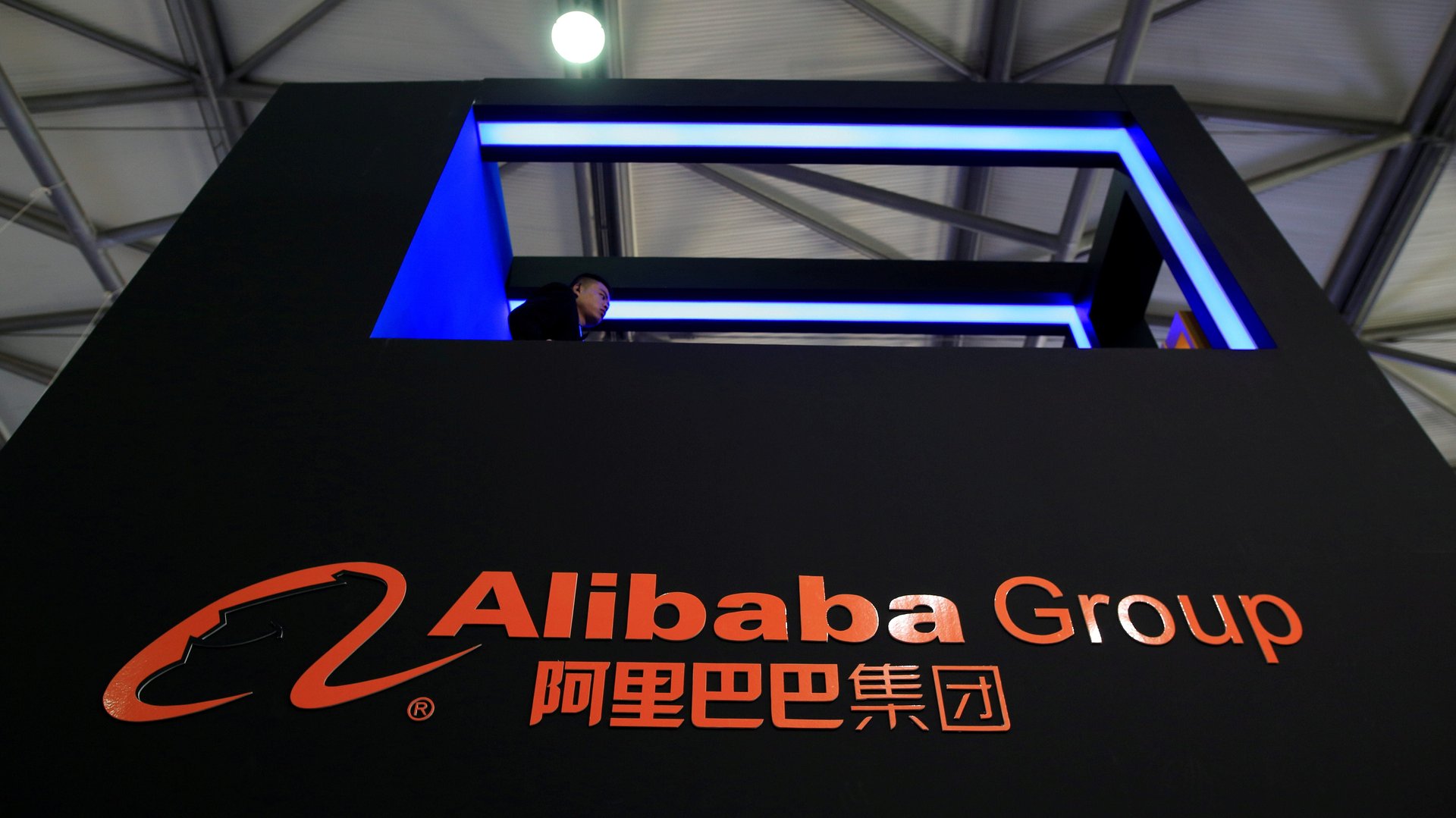Fake reviewers are gaming Alibaba’s algorithms so badly, the tech giant is taking them to court
Facebook has fake news, Alibaba has fake reviews. The Chinese e-commerce giant is cracking down on phony reviews that game the search results for its Taobao shopping platform by suing a review provider in a court in its home base of Hangzhou.


Facebook has fake news, Alibaba has fake reviews. The Chinese e-commerce giant is cracking down on phony reviews that game the search results for its Taobao shopping platform by suing a review provider in a court in its home base of Hangzhou.
Fake reviews should concern investors of New York-listed Alibaba, because they can be a sign of broader fraud on the platform. In 2013, fake orders accounted for 0.6% of Alibaba’s gross merchandise volume, or GMV, according to Barron’s. Alibaba reported RMB3.1 trillion ($450 billion) in GMV for 2016 (pdf). (Alibaba said it has tools that strip out these fraudulent transactions from the final tally it reports to investors.) Amazon doesn’t report its GMV numbers, although analysts put it in the region of $240 billion.
The review provider that Alibaba is suing, Shatui.com, allegedly employed over 5,000 people to write glowing reviews for merchants, known colloquially as “brushing.” The brushing platforms operate as a labor crowdsourcing site—think of Amazon’s Mechanical Turk—where a stream of assignments are posted regularly for brushers to grab. Brushers then find a merchant through Taobao and buy the assigned item, sometimes with money provided by the seller. The seller may go as far as posting an empty box to keep up the charade and evade Alibaba’s fraud detection mechanisms, according to one of the few academic papers investigating the market. Package received, the brusher writes a review and awards the merchant the all-important “red flower,” the mark of a positive review.
Brushers are then paid, often using Alibaba’s own payment system, Alipay, with commissions released from escrow by the brushing platforms. Sometimes the brushers themselves are defrauded by platforms who ask them to pay out of pocket for fake transactions, and then have their commissions pocketed by vanishing agents, according to a report by state tabloid Global Times.
Brushing works. Research by academics at the College of William and Mary, the University of Delaware, and George Mason University showed that a year’s worth of legitimate reputation building by a merchant can be accomplished in a day by hiring brushers. A small fraction of fraudulent reviews—just 2.2% of 11,000 merchants studied—were detected and penalized by Alibaba, the researchers found. Each brushing service was doing millions of dollars in GMV a year and earning tens of thousands in return, according to the research.
Alibaba’s fake-reviews problem, like social media’s fake-news problem, is a reminder of how the most sophisticated algorithms can be gamed if there’s a profit to be made.